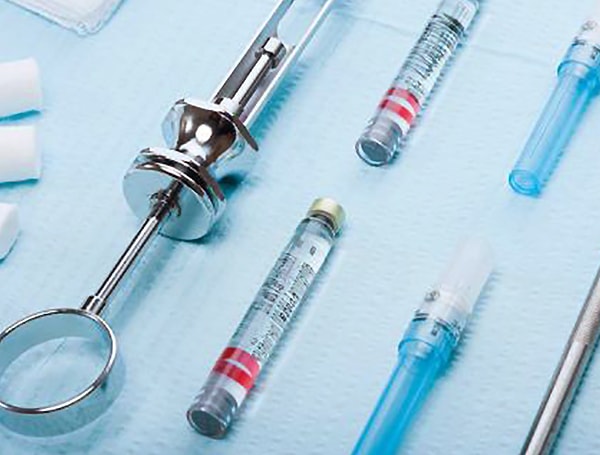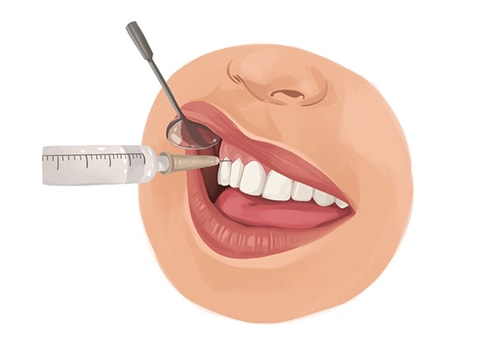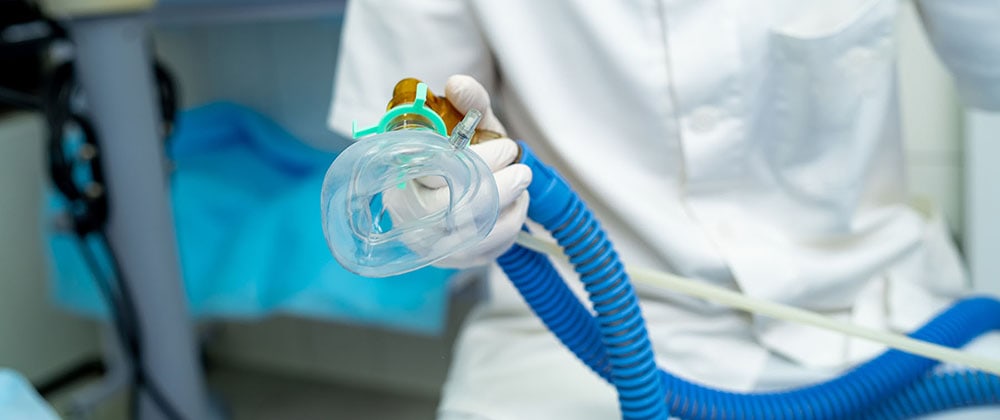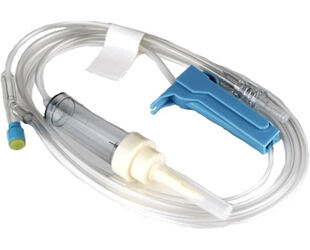 S2K Commerce - Products Dropdown
S2K Commerce - Products Dropdown
 Web Content Viewer - Blog
Web Content Viewer - Blog
What are the Different Types of Dental Anesthesia?

Going to the dentist for a simple procedure can be difficult for patients with dental fears. Common fears are related to pain and not knowing what to expect.
Fortunately, different types of dental anesthesia can be used for dental procedures and oral surgeries. Let’s take a closer look at some options.

Local Anesthesia
Local anesthesia, such as lidocaine, is used in dental clinics for procedures like cavity-fillings. The lidocaine is injected into the gum line to numb the area. A topical anesthetic may also be applied to the site of injection prior. Once the injection is administered, the area will feel numb in as little as a few minutes. The patient remains awake but feels reduced sensations and little to no pain throughout the procedure.
Sedation Dentistry
Also known as sleep medicine, sedation dentistry is an option for longer procedures requiring deeper sedation. A sedative is combined with a local anesthetic for optimum patient comfort.
Three types of sedation can be used.

Nitrous Oxide
Combine a local anesthetic with nitrous oxide, also referred to as laughing gas. The patient breathes in the gas through a nitrous oxide mask. The mask stays on the patient’s nose for the duration of the procedure. The patient remains conscious throughout the procedure, although sedated.
Oral Sedation
The dentist or oral surgeon provides medication to the patient to take orally before the procedure. Minimal, moderate, and deep sedation can be achieved depending on the dosage. Minimal sedation will put the patient in a dreamlike state; however, still very much awake. Moderate and deep sedation may make the patient fall asleep, but it should be easy to awaken. With oral sedation, the patient can still follow the dentist’s instructions during the procedure.
IV Sedation
Another delivery method of sedation is administered intravenously. The advantage of IV sedation is that the dentist or oral surgeon can adjust sedation throughout the procedure. With IV sedation, the patient will be semi-conscious and have little or no memory of the actual surgery.
Sedation dentistry requires additional training and a license to practice.
Ask your dentist about the effects of anesthesia and what to expect during a dental procedure.
Are you shopping for affordable dental anesthetics to use in your practice?
Look no further! DHP offers local anesthetics, topical anesthetics, dental needles, and other dental anesthesia supplies!
Contact our Customer Service Team if you need assistance, 800.626.2163.

